Audi using supplementary port fuel injection to address particulates from gasoline direct injection
Green Car Congress
JANUARY 14, 2014
liter EA888 Gen3 engine featured in Audi’s all-road shooting brake plug-in hybrid concept unveiled at the North American International Auto Show this week ( earlier post ) features—as does its production ilk—a dual injection system that combines direct injection with indirect injection into the intake manifold. Earlier post.).


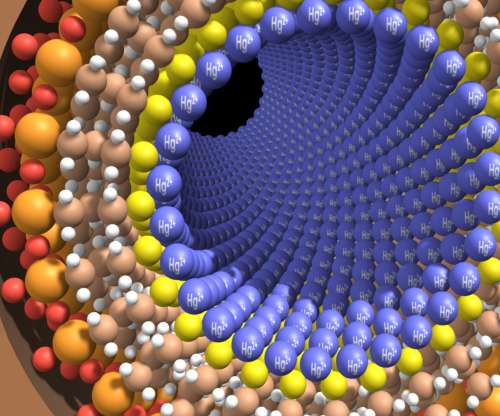






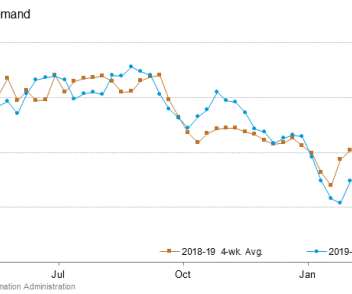


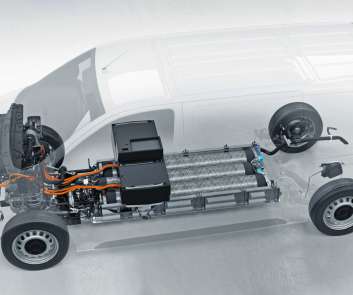
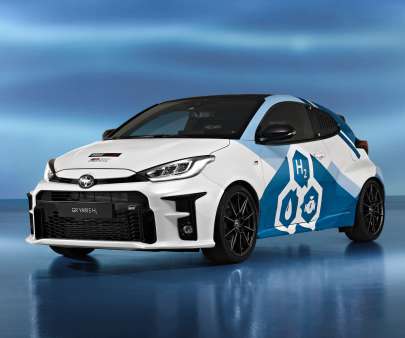







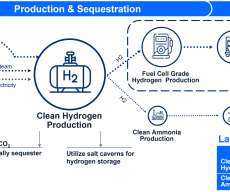







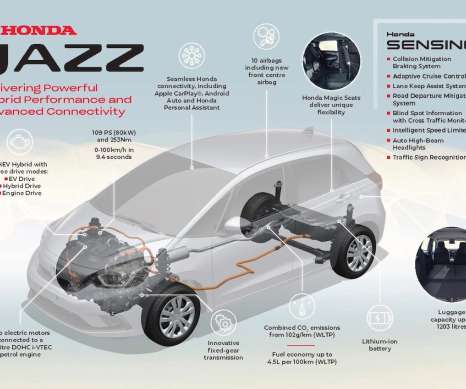













Let's personalize your content